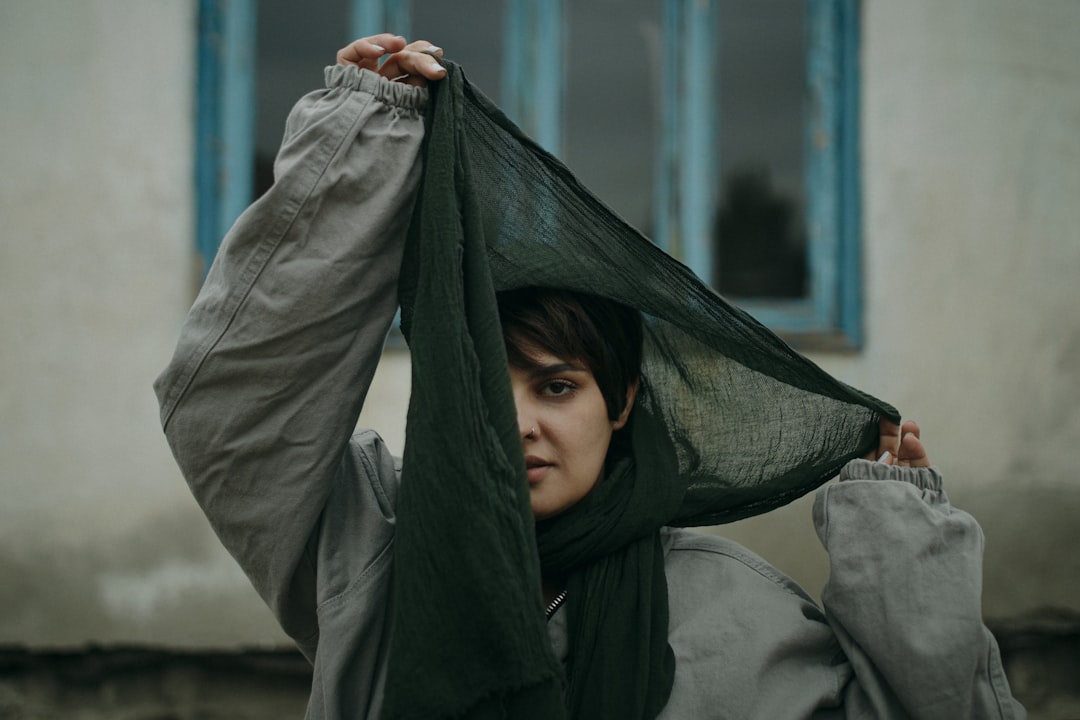Saadi of Shiraz (c. 1210–1291) stands among the towering figures of Persian literature. His masterpiece, the Golestān (“The Rose Garden”), composed in 1258 CE, weaves together prose and verse in a tapestry of anecdotes, fables, and reflections that resonate across centuries. More than a mere collection of entertaining tales, the Golestān offers profound moral lessons and human insights that remain strikingly relevant today.
A Garden of Stories: Structure and Style
The Golestān is organized into eight chapters, each exploring a different theme—ranging from the conduct of kings and rulers to the virtues of contentment and the power of love. Saadi’s style is deceptively simple: his prose passages are concise, clear, and often interspersed with qasida-like couplets that distill a moral or emotional kernel. This alternating rhythm of narrative and poetry creates a seamless reading experience, allowing wisdom to shine through both stories and aphorisms.
Compassion and Empathy
One of Saadi’s most enduring messages is the importance of compassion. In the famous opening anecdote, he tells of a group of wayfarers who die of thirst in the desert; it is only when a passing caravan shows mercy—sharing its meager water—that the travelers’ graves bloom with flowers. From this, Saadi concludes:
“Human beings are members of a whole, In creation of one essence and soul.”
(Couplet 1:1)
This powerful image of shared humanity underscores our mutual responsibility to one another. Saadi reminds us that acts of kindness not only alleviate immediate suffering but also foster a deeper, collective flourishing.
The Folly of Pride and the Virtue of Humility
Saadi frequently illustrates how pride leads to downfall, while humility paves the way for wisdom. In one tale, a proud king dismisses the counsel of his humble vizier; only when misfortune strikes does he seek that very advisor’s guidance, realizing too late the value of modest, sincere wisdom. Through such stories, Saadi cautions against arrogance and champions the quiet strength found in listening and self-awareness.
Justice, Integrity, and Governance
Chapter One of the Golestān focuses on the behavior of rulers and the principles of just governance. Saadi’s own travels—through Anatolia, Central Asia, and the Indian subcontinent—exposed him to various courts and administrations. He uses anecdotes to illustrate that a ruler’s legitimacy rests not just on power, but on fairness, honesty, and care for subjects. For instance, the story of the king who disguises himself to mingle with his people demonstrates that empathy and direct engagement are essential to wise leadership.
Love, Friendship, and Human Bonds
Love in Saadi’s Golestān extends beyond romantic passion to encompass friendship, loyalty, and the bonds of community. In Chapter Six, he recounts tales of devoted friendship—two men who share all hardships, valuing trust over wealth. Saadi emphasizes that true companionship is tested by adversity and born of sincere regard for another’s welfare.
The Art of Living: Moderation and Contentment
Saadi offers practical guidance on leading a balanced life. Rejecting both excessive asceticism and hedonistic indulgence, he advocates for moderation (“vasat”) and finding contentment in simple pleasures. His reflections remind readers that happiness often lies not in grand achievements, but in gratitude for everyday blessings and mindful living.
Enduring Relevance
What makes the Golestān timeless is its embrace of universal human experiences—suffering, joy, ambition, love, and loss—and its insistence that moral integrity transcends cultural and temporal boundaries. In an age marked by social divides and ethical uncertainties, Saadi’s call for empathy, humility, and justice speaks with fresh urgency.
Conclusion
Saadi’s Golestān is more than a literary jewel of medieval Persia; it is a mirror reflecting the virtues and vices that animate human life. Through vivid storytelling and lyrical wisdom, Saadi invites us to cultivate compassion, practice humility, and uphold justice in our own “rose gardens” of daily existence. By returning to his lessons, we not only honor a master storyteller but also reaffirm our shared humanity.





